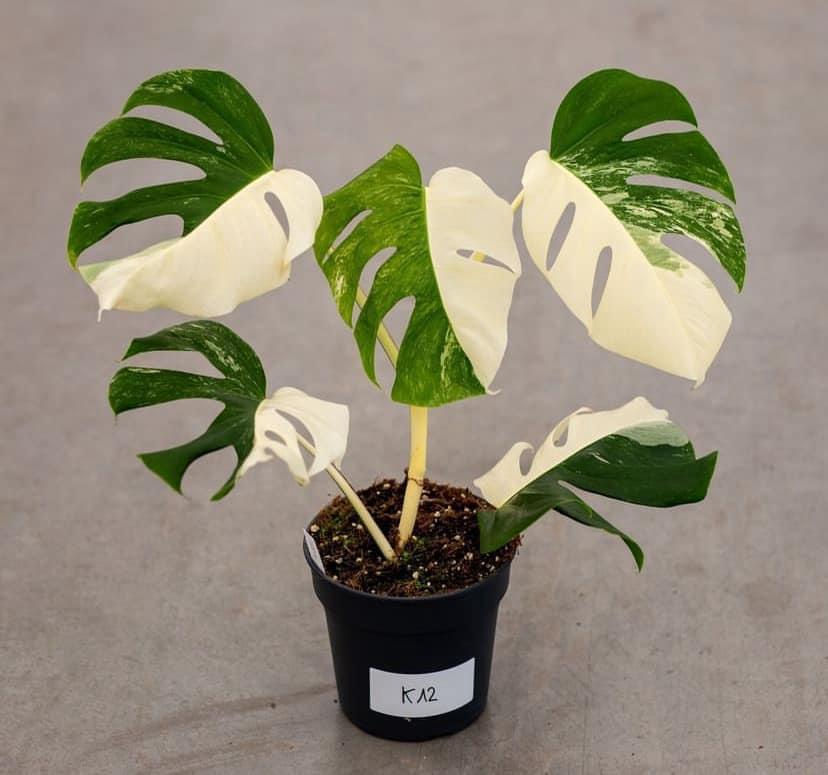Our Service
✅Package Delivered within 3 Days
✅Returns accepted 30 Days
✅Money Back Guarantee 30 Days
✅Plant Dispatch in San Diego California
✅USPS / UPS Tracking Available
✅24 hour Customer Service
Philodendron Caramel Marble Plant With POT
$108.00 Regular Price
$54.00Sale Price
Provide Bright, Indirect Light
Light Requirements
To learn more about the light needs of various Philodendron species, refer to our detailed guide in The Ultimate Guide to Philodendron Care for Healthy and Vibrant Plants
Signs of Insufficient Light
Water Thoroughly and Allow Soil to Dry
Watering Needs
Underwatering & Overwatering Symptoms
Provide High Humidity
Humidity Preferences
Signs of Low Humidity
Use a Well-Draining Potting Mix
Soil Needs
Poor Draining Mix Issues
- The Philodendron Caramel Marble enjoys bright, indirect sunlight for best growth and to bring out the beautiful variegation in its foliage.
- Place the plant near an east, west, or slightly shaded south facing window. Avoid direct hot sunlight which can scorch the leaves.
- Bright light also encourages fuller, more compact growth. Low light causes leggy growth as the plant stretches to reach the light.
- Fading of leaf colors – loss of white and yellow variegation
- Leggy growth with smaller leaves spaced far apart on long vines
- Sparse unhealthy looking foliage
- Water thoroughly until it runs from the drainage holes whenever the top 1-2 inches of soil become dry.
- The Caramel Marble Philodendron should not sit in soggy soil, which can cause root rot. Allow the soil to dry out moderately between waterings.
- Use soil that drains well and provides aeration for healthy roots.
- Drooping leaves, yellowing foliage, and poor growth result from under-watering.
- Wilting of leaves followed by yellowing foliage indicates overwatering and wet soil. Check for root rot.
- Native to tropical environments, the Caramel Marble Philodendron thrives in average home humidity of 40-50% and higher.
- Place on a pebble tray filled with water, mist the leaves frequently, or use a humidifier to increase moisture in the air.
- Browning leaf tips and edges indicate the air is too dry.
- Leaves may also curl or develop brown spots from lack of humidity.
- Use a good quality potting mix that drains moisture readily.
- A blend containing peat moss, perlite or bark chips is perfect to provide aeration and moisture retention.
- Re-pot every 2 years in spring into fresh soil to replenish nutrients.
- Soil that is too dense or retains too much moisture can lead to problems with root rot and fungus gnats.



